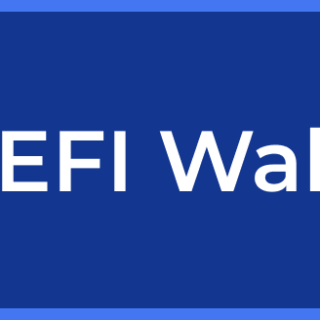Centralized vs Decentralized Networks
Centralized networks:
Depend on a single entity, whether it’s a person, company, government, or group of entities, to guarantee the solvency of a network. This requires trust that the controlling entities are always acting in good faith. There are pros and cons to centralized networks. On the positive side, they are generally easier to navigate for new users. However, they are more susceptible to security vulnerabilities, as a single entity is easier to attack than a network spread among many undisclosed network participants.
Decentralized networks:
On the other hand, they are composed of many different, often anonymous network participants securing a network by running validators or nodes often all over the world instead of on a single centralized server. When sufficiently decentralised, these networks cannot be manipulated, muted, or controlled by any single entity, such as bad-faith actors or governments. These systems tend to offer better security but can often come with a steep learning curve for new users.
Good examples of centralised crypto exchanges would be Binance or Coinbase, where the company can decide who participates due to regulatory oversight. Decentralised exchanges, like THORChain or Sushiswap, maintain an openness so that anyone with a DeFi wallet can participate from anywhere in the world.


